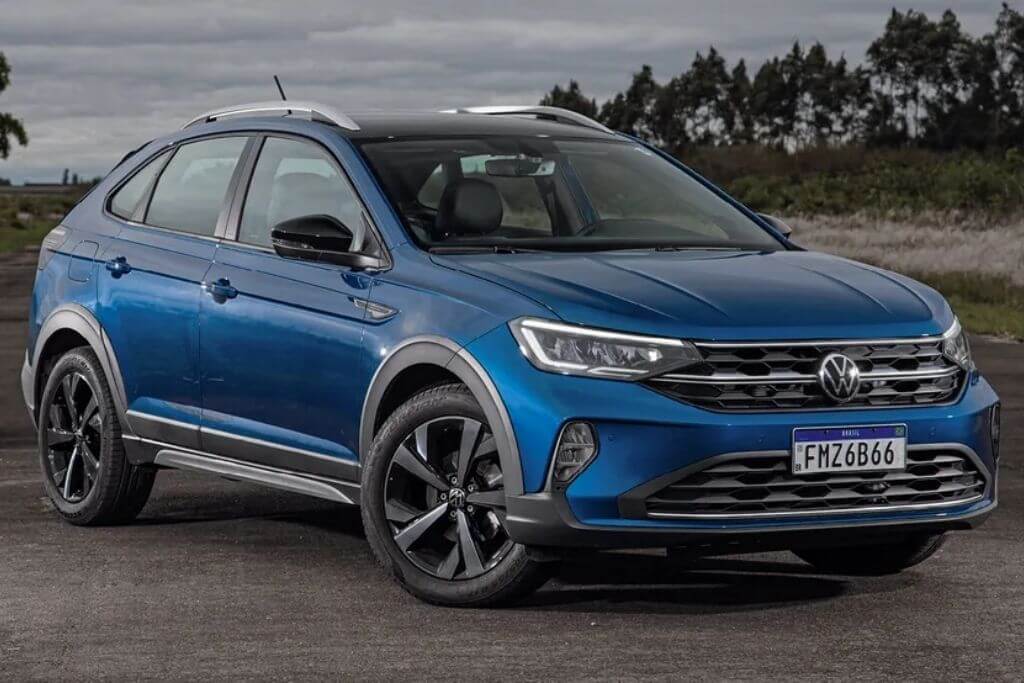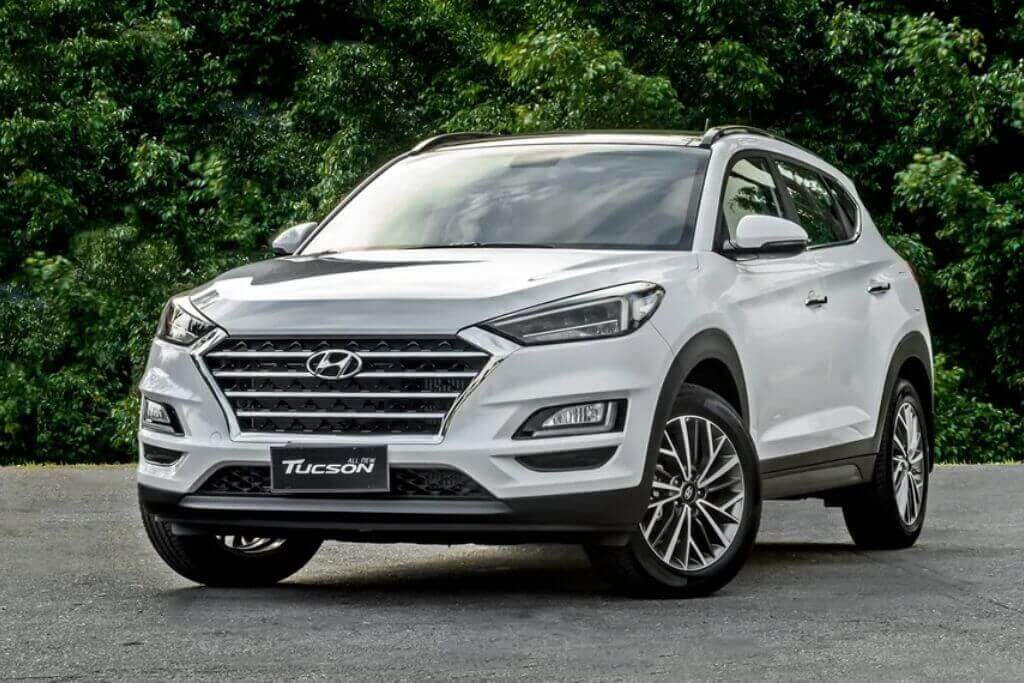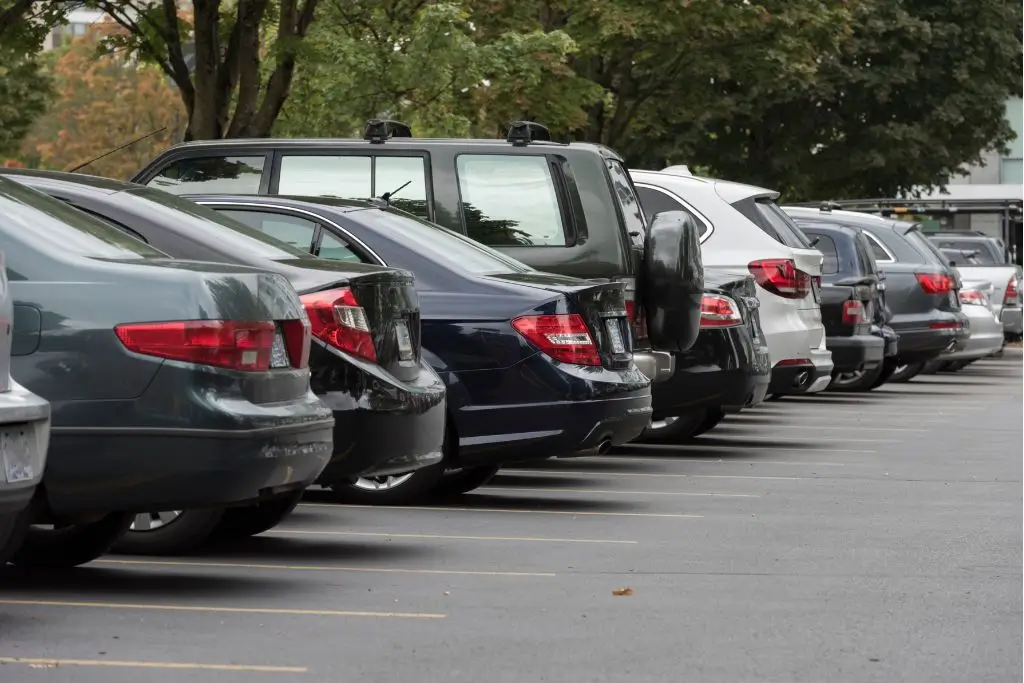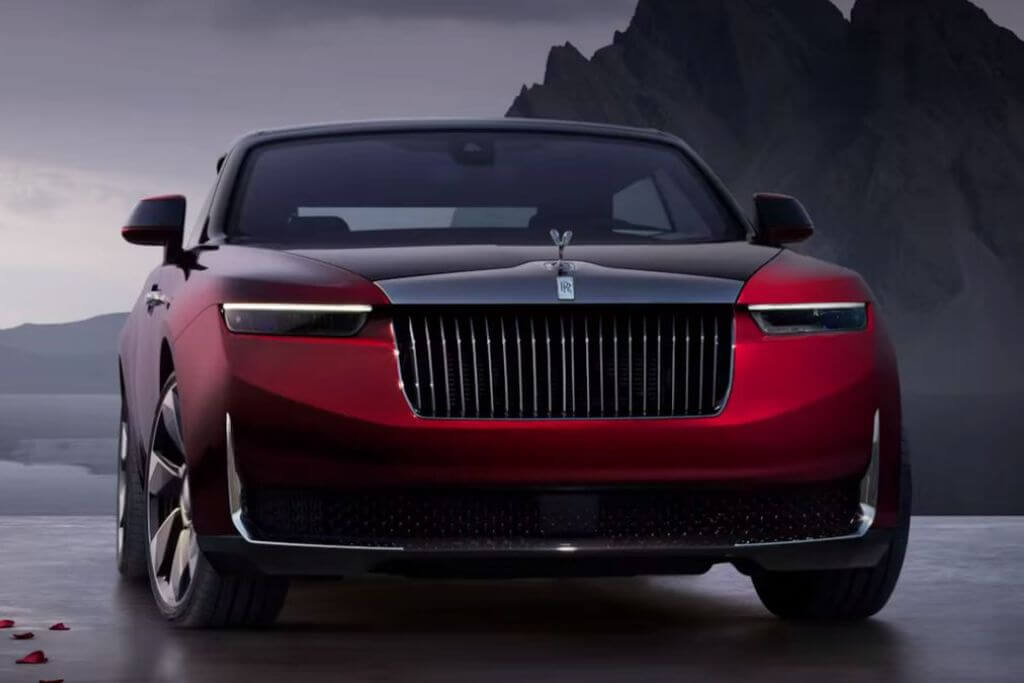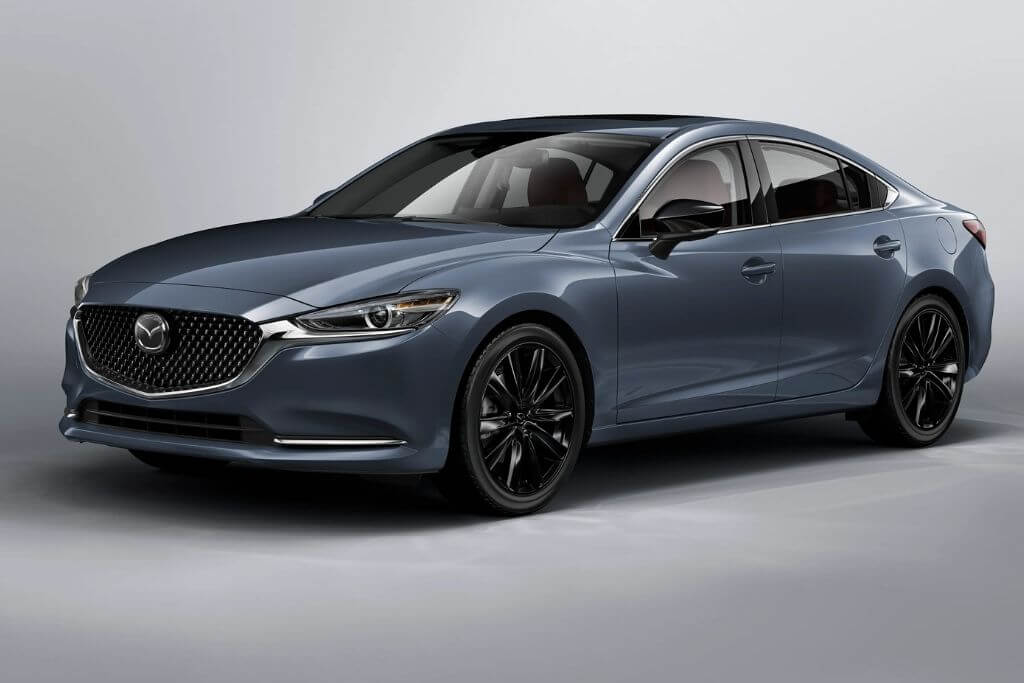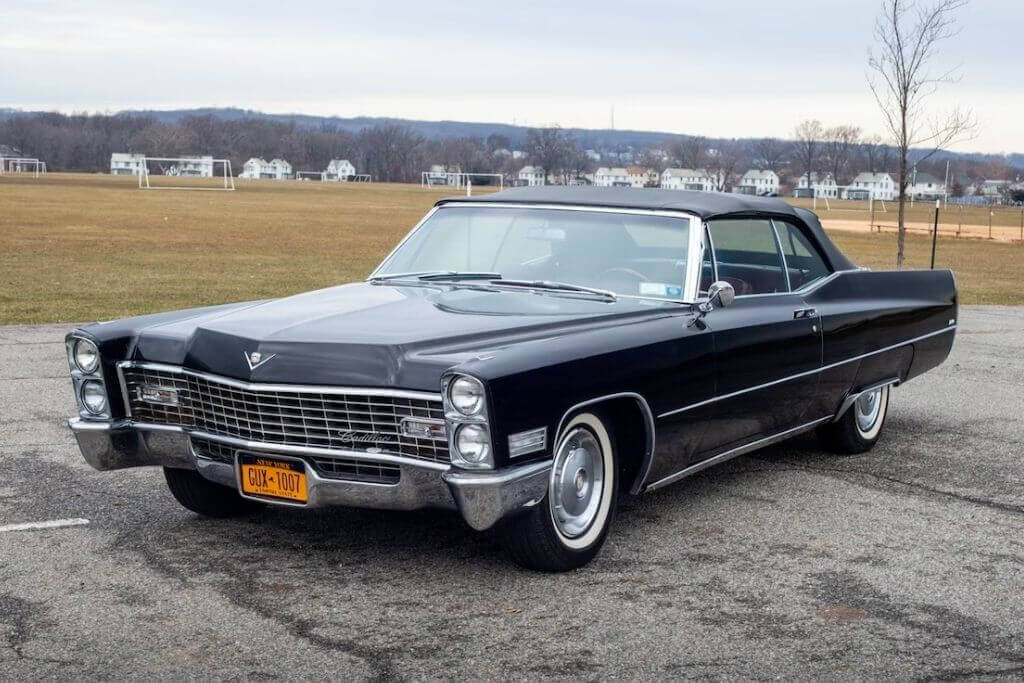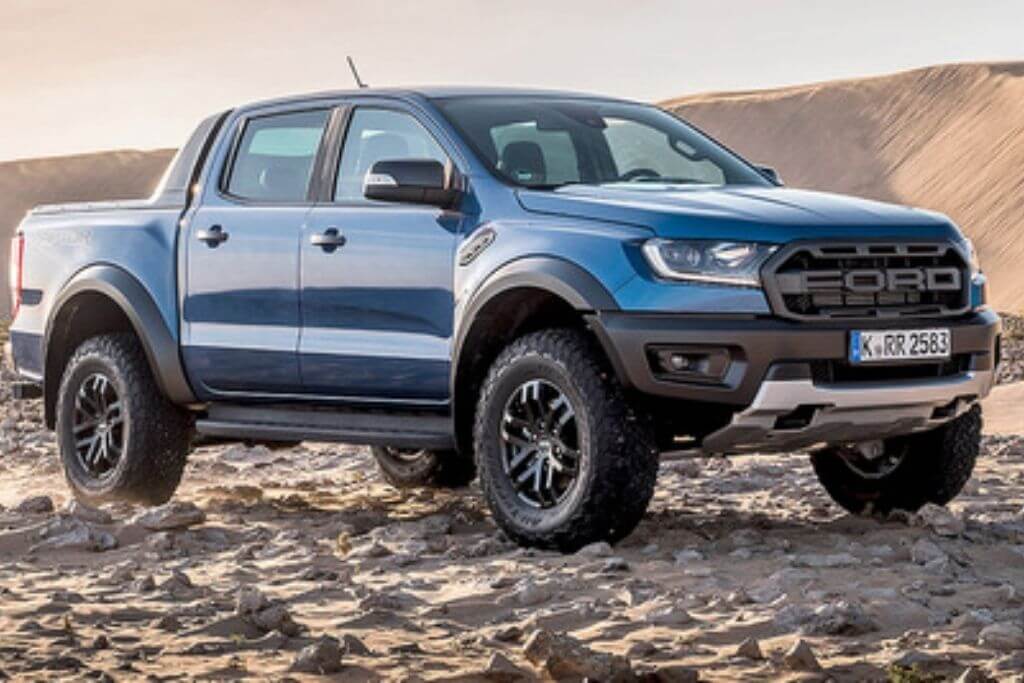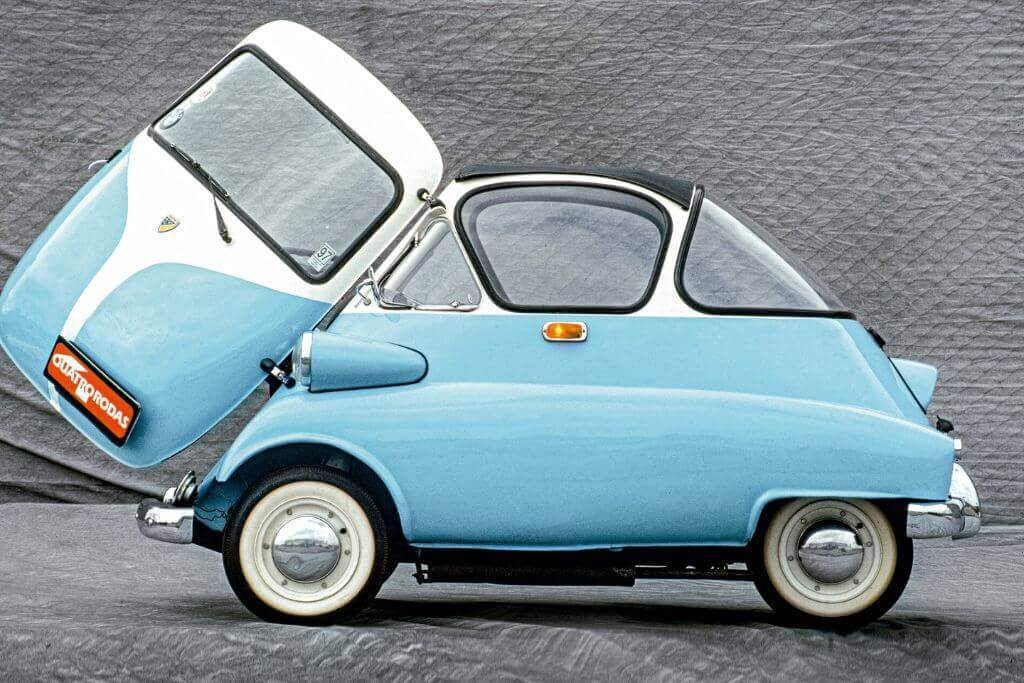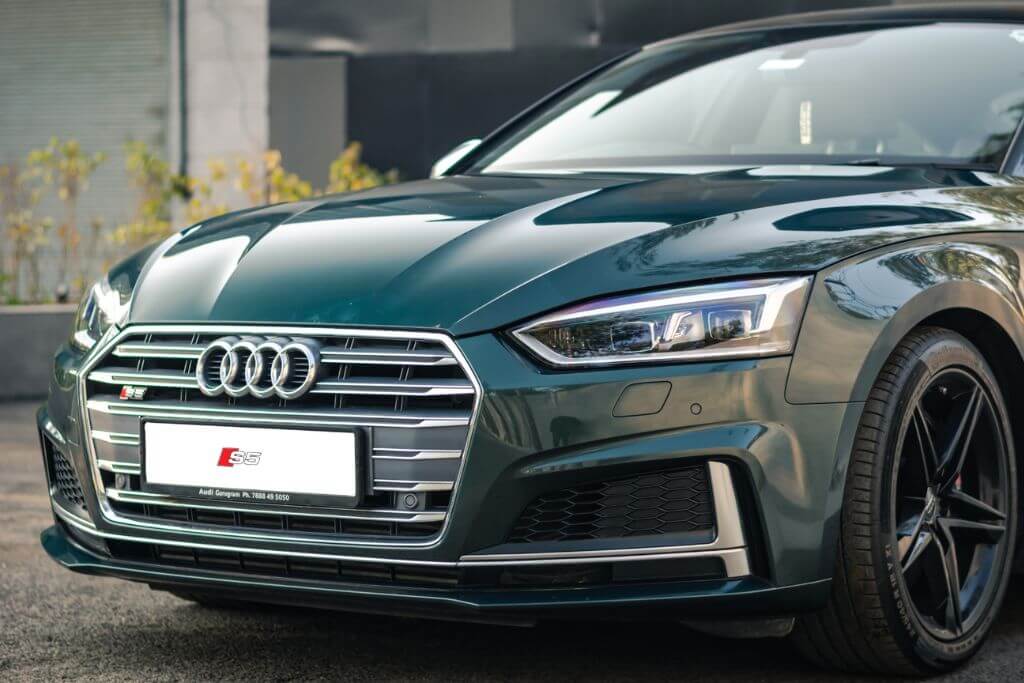Learn a little about the history of Volvo, this important Swedish factory with a solid presence in the automotive sector
Adverts
Founded in 1927 in Sweden, Volvo, whose name comes from the Latin "volvo" meaning "I roll", began its activities by initially focusing on the manufacture of lorries and buses.
Over time, the company expanded its horizons into the development of passenger cars, solidifying its presence in the automotive sector.
During the Second World War, Volvo redirected its efforts, dedicating itself to the production of military equipment and temporarily suspending the manufacture of vehicles.
Adverts
In the post-war period, the company resumed its automotive activities, presenting the PV444 in 1944, its first post-war model.
Volvo rose to prominence by prioritising safety and reliability, standing out for introducing innovations such as rear seat belts and disc brakes on the front wheels. In 1959, it launched the Amazon model, which became one of the brand's most popular cars.
From the 1970s onwards, the brand embarked on a global expansion, establishing factories and offices in various parts of the world. In 1999, Ford Motor Company acquired the brand, but later, in 2010, Volvo was sold to Geely Holding, a Chinese company.
Today, Volvo is recognised for its luxury and high-performance cars, while maintaining a firm commitment to safety and sustainability.
It also stands out for its active presence in the electric and hybrid vehicle market, aiming to become a fully electric brand by 2030, reflecting its ambitious plans for the future.
Quick Index:
Volvo: models
Volvo, renowned for manufacturing luxury and high-performance cars, stands out for its dedication to safety and sustainability. Its portfolio covers a diverse range of models, including sedans, SUVs and hatchbacks, with some of the most popular examples being:
You might be interested:
- Free dental implants in the Smiling Brazil Programme
- Receivables: how to claim on time
- All about the Winter Bono
S60: A luxury sedan that combines outstanding performance with advanced technology, including hybrid and electric motorisation options.
XC90: This seven-seater SUV is recognised for its elegant design and advanced safety features, including semi-autonomous driving assistance.
V90: The luxury station wagon offers ample space and comfort, as well as hybrid and electric motorisation options.
XC40: Compact and versatile, this SUV stands out for its advanced technology, covering both safety features and connectivity.
Polestar: Volvo's electric car sub-brand, Polestar, features performance models, including electric and plug-in hybrid options.
Volvo offers a variety of powertrain options, from petrol and diesel engines to hybrids and electrics.
Recognised for its efforts towards sustainability, the company aims to become completely electric by 2030, standing out as an integral part of the transformation in the automotive landscape towards cleaner and more efficient mobility.
Polestar
Polestar, the electric car sub-brand linked to the parent brand, originated in 1995 as a company specialising in the preparation of high-performance cars. However, in 2017, it came under Volvo's ownership and was transformed into a sub-brand dedicated to electric cars and plug-in hybrids.
Polestar vehicles are meticulously designed to offer not only exceptional performance and advanced technology, but also to be environmentally sustainable.
The brand currently offers two different models: the Polestar 1, a high-performance plug-in hybrid coupé, and the Polestar 2, an all-electric, high-performance sedan.
Both models are characterised by their low carbon emissions and the incorporation of state-of-the-art technology and safety features.
One of Polestar's distinctive features is the subscription services it offers for its vehicles, giving customers the opportunity to enjoy various Polestar models without having to own them outright.
In addition, the brand has made a strong commitment to sustainability, aiming to achieve carbon neutrality by 2030.
Polestar aims to consolidate its position as a leading brand in the electric and hybrid car market, standing out by offering high-performance vehicles and advanced technology, while contributing to the promotion of a cleaner and more sustainable world.
Curiosities
Volvo, with its fascinating and remarkable history, has some curiosities worth highlighting:
Foundation and meaning of the name:
Founded in 1927 in Sweden, Volvo's initial purpose was to manufacture safe and reliable cars. The name "Volvo" derives from the Latin expression "volvo se", translated as "I roll".
Innovations in Security:
Volvo pioneered the introduction of three-point seat belts in its cars in 1959. It also stood out as one of the first to offer airbags and anti-lock braking systems (ABS) as standard.
Innovative Electric Truck:
In 2009, Volvo developed the world's first electric truck, the Volvo ELUX, demonstrating its commitment to innovation and sustainability.
Commitment to Sustainability:
Volvo is firmly committed to sustainability, announcing the transition of all its models to electric or plug-in hybrid vehicles by 2019. In addition, the company has set itself the ambitious target of achieving carbon neutrality by 2025.
Presence in the Film Industry:
Volvo has a notable presence in the film industry. The P1800 model came to prominence when it was used in the television series "The Saint", starring Roger Moore in the title role. In addition, this iconic vehicle has made appearances in other productions, contributing to the association of elegance and performance.
Throughout its history, Volvo has not only established itself as a benchmark in automotive safety and innovation, but has also demonstrated a significant commitment to sustainable driving and environmental preservation.
Did you like finding out more about Volvo?
Read also: The history of Audi
You may be interested:
- Football rules: take the quiz and test your knowledge
- Rules in Football: would you make a good referee?
- The Main Football Championships in Latin America
Did you like this content? Share it with your loved ones and save it to your favourites for future reference.






